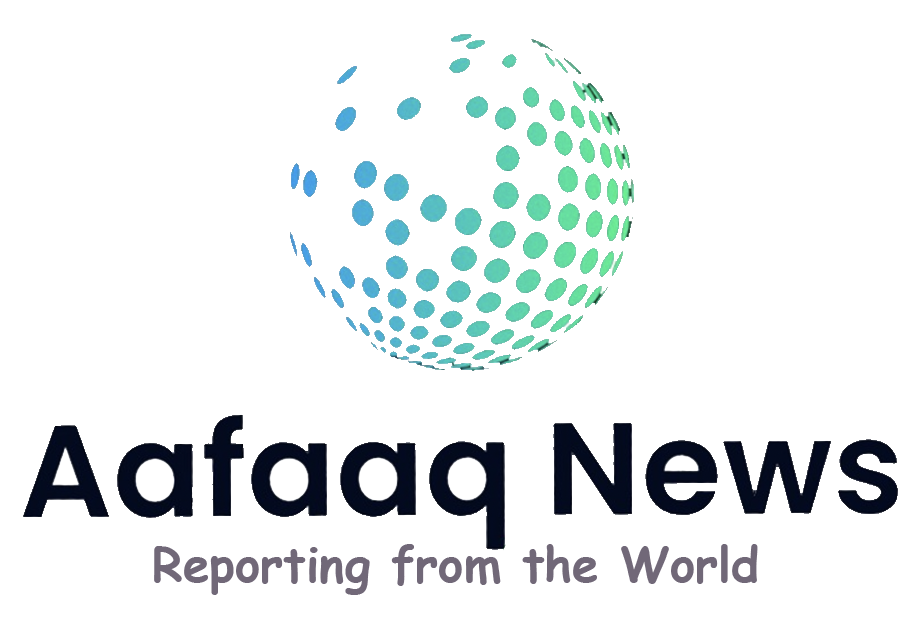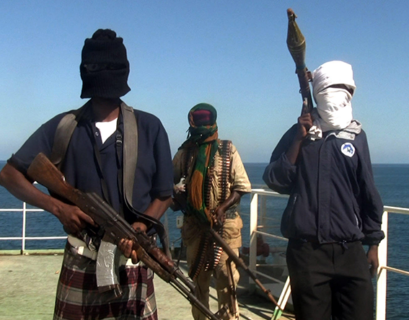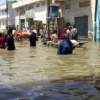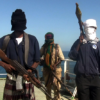In recent months, Somalia has been grappling with a severe cholera outbreak, with the death toll climbing to 120 since the beginning of the year. The United Nations Office for the Coordination of Humanitarian Affairs (OCHA) has sounded the alarm, emphasizing the urgent need for an escalated response to contain the spread of the disease. With 10,647 new cases reported across seven states, the situation demands immediate attention and concerted efforts to mitigate the crisis.

The outbreak, fueled by factors such as inadequate access to safe water and sanitation facilities, has been exacerbated by heavy rains pounding the country. As the rains persist, there are growing concerns that the situation could deteriorate further, particularly in hotspot locations where the prevalence of acute watery diarrhea (AWD)/cholera is already alarmingly high. The case fatality rate, currently at 1.1 percent, hovers just above the World Health Organization’s emergency threshold, underscoring the gravity of the situation.
One of the key challenges in combating the outbreak is the lack of sufficient funds to meet the needs of the affected population. The OCHA’s appeal for additional resources underscores the criticality of financial support in scaling up response efforts. Without adequate funding, the ability to deliver essential services such as medical treatment, clean water, and sanitation infrastructure remains severely constrained, leaving communities vulnerable to the ravages of the disease.
It’s crucial to recognize that the cholera outbreak in Somalia is not an isolated incident but rather a symptom of broader systemic issues, including longstanding deficiencies in water and sanitation infrastructure. Addressing these underlying challenges requires sustained investment in building resilient healthcare systems and enhancing access to clean water and sanitation facilities. Furthermore, efforts to raise awareness about hygiene practices and disease prevention must be intensified to empower communities in safeguarding their health.
The situation in Somalia underscores the importance of a coordinated, multi-sectoral response involving government agencies, humanitarian organizations, and the international community. Collaboration is essential in mobilizing resources, sharing expertise, and implementing effective interventions to stem the tide of the outbreak. By pooling together their resources and expertise, stakeholders can maximize their impact and reach those most in need with life-saving assistance.
Moreover, the long-term sustainability of interventions hinges on strengthening Somalia’s capacity to prevent, detect, and respond to disease outbreaks. This entails investing in healthcare infrastructure, training healthcare workers, and bolstering disease surveillance systems to enable early detection and containment of outbreaks. By building resilience at the community level and investing in preparedness measures, Somalia can better withstand future health emergencies.
In light of the escalating cholera crisis, there is an urgent imperative for the international community to rally behind Somalia and support its efforts to combat the outbreak. Immediate action is needed to provide lifesaving assistance to those affected, prevent further loss of life, and mitigate the socio-economic impact of the outbreak. By standing in solidarity with Somalia, we can uphold our collective commitment to leave no one behind and ensure that the most vulnerable populations receive the support they desperately need.
In conclusion, the cholera outbreak in Somalia serves as a stark reminder of the urgent need to address the underlying determinants of health and strengthen health systems to withstand future crises. With concerted action, political will, and sustained investment, we can turn the tide against cholera and build a healthier, more resilient Somalia for all its citizens.












